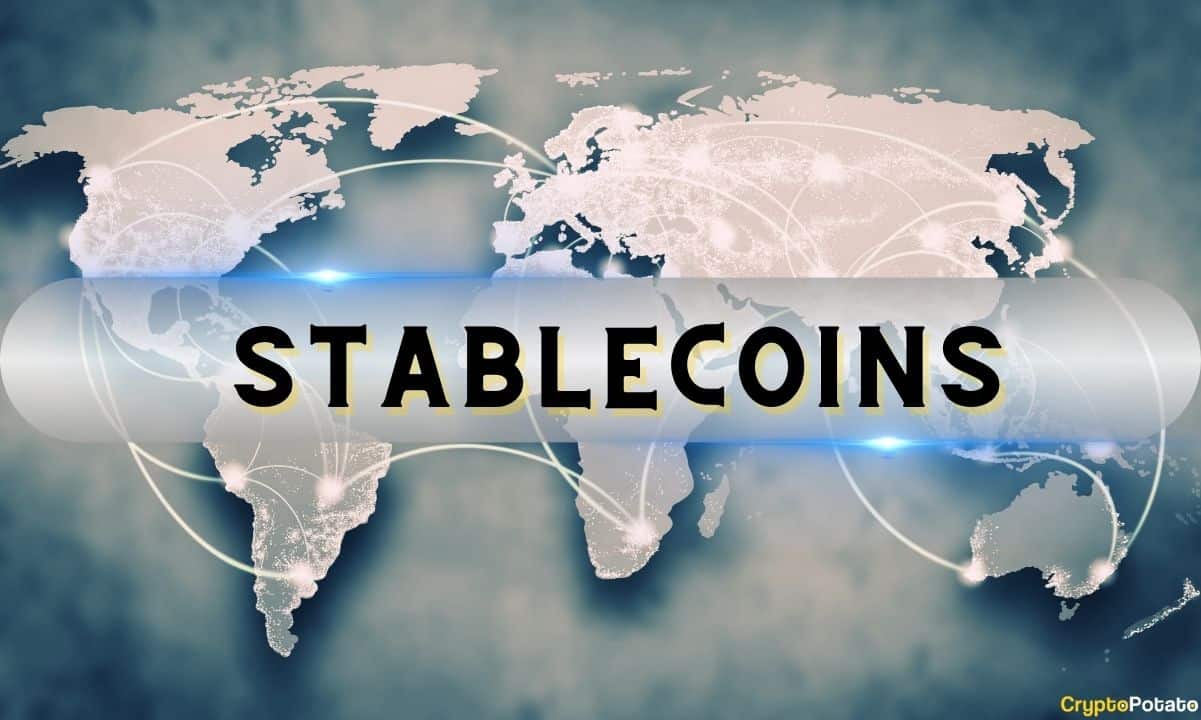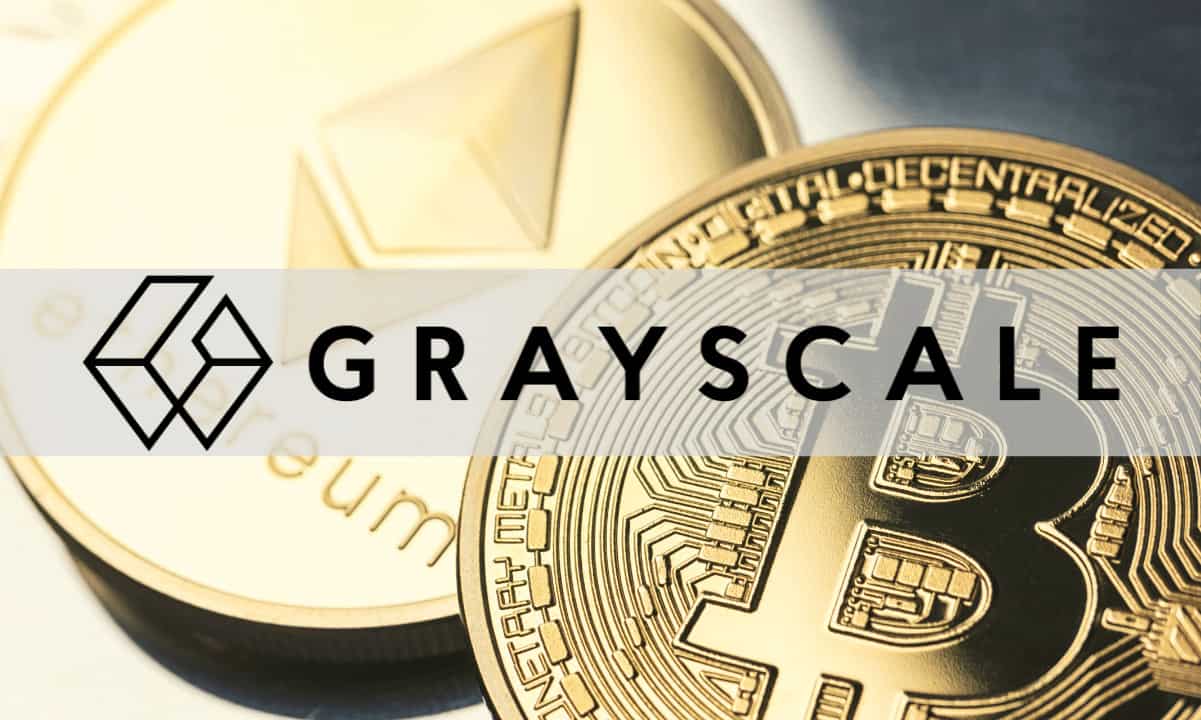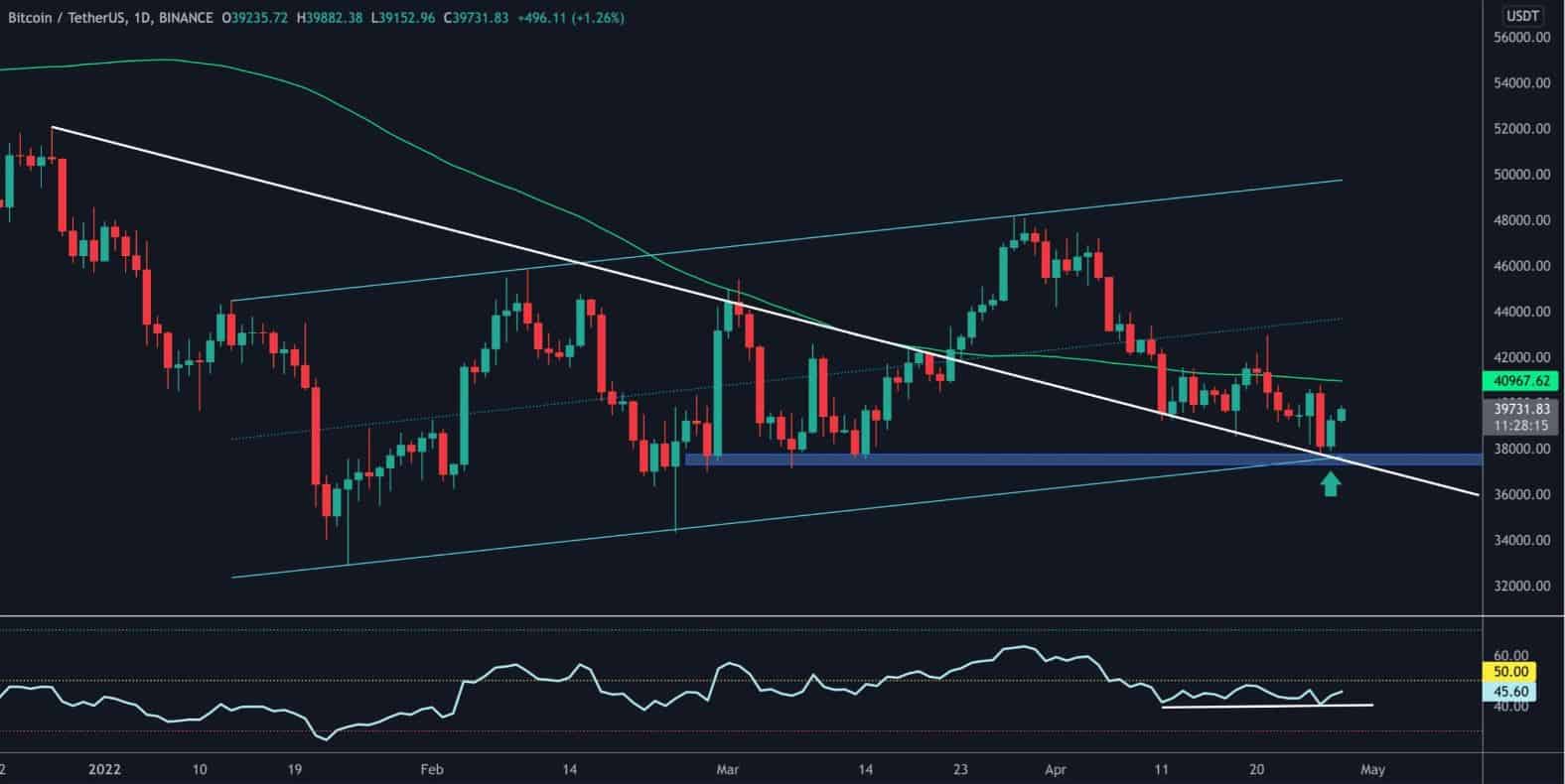Two leading South Korean cryptocurrency exchanges, UpBit and Bithumb, have issued a warning for Litecoin after the activation of MimbleWimble Extension Blocks (MWEB).
Growing Concerns
UpBit revealed terminating “transaction support for digital assets with technology that makes transmission records indistinguishable from the past” while pointing to Korea’s Act on the Reporting and Use of Specific Financial Transaction Information.
Under this act, crypto exchanges in the country are required to implement know-your-customer (KYC) and anti-money laundering (AML) measures. The notice read,
“It is believed that the Mimblewimble upgrade has been carried out with a selection function that does not expose transaction information. Upbit added the item of transparency of network operators to the transaction support checklist.”
A similar notification was sent out by Bithumb as well. The platform also designated Litecoin as an investment warning citing MWEB implementation and how the privacy protocol may threaten the existing Korean laws about concealing financial transactions. No further announcements have been made yet, but exchanges typically delist assets after issuing such warnings.
However, it is important to understand new privacy upgrade is opt-in in nature, thereby making it quite different from the existing privacy coins such as Monero. Previously, Litecoin founder Charlie Lee said that exchanges have the ultimate call on whether to support extension blocks.
To maintain transparency, these platforms can choose to stick with the Litecoin main chain. Another key distinction between MWEB-powered Litecoin and privacy coins is the existence of a separate chain for private transactions, which, as explained earlier by Litecoin Foundation’s Community Manager Ilir Gashi, should keep the crypto-asset away from unwarranted scrutiny of regulators.
Litecoin MimbleWimble Upgrade
Litecoin activated the Mimblewimble Extension Blocks (MWEB) upgrade at block height 2257920 after attaining the 75% network consensus threshold.
The main aim of the protocol is to improve the viability of LTC as a fungible currency by focusing on reducing fees and ramping up privacy, throughput, and scalability. The idea for privacy opt-ins was first proposed two years ago, and Grin++ developer David Burkett was tasked with spearheading its development.
After losing much of its traction owing to new-age altcoins, the new upgrade is expected to provide a cushion for its price and lure privacy-focused investors. However, a case of delisting could dampen the chances of a much-needed meaningful rebound in Litecoin’s price action.









